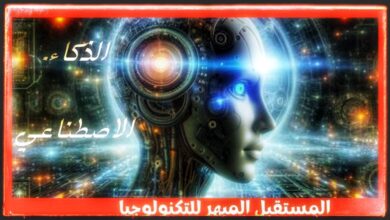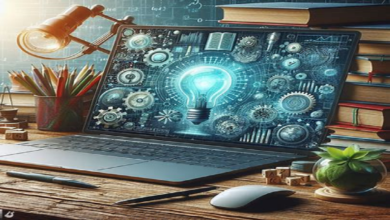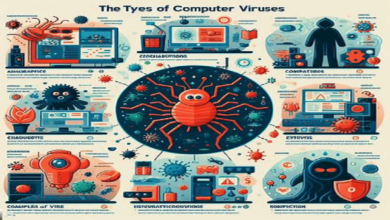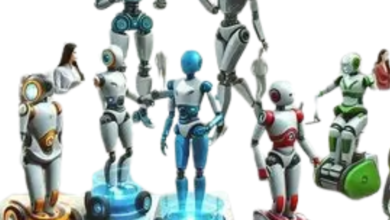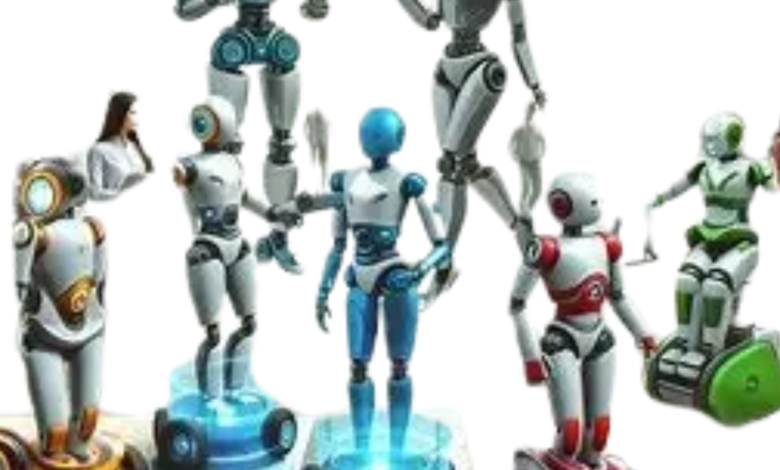
Robots represent a unique phenomenon in the world of modern technology, playing a vital role in our daily lives. By understanding their definition and significance, we can stand on the shores of sustainable and innovative technology.
Definition of Robots:
Robots are mechanical devices capable of automatically executing specific tasks. These devices vary across different fields and come in various shapes and sizes.
What is a Robot and its Types?
A robot is defined as a self-executing mechanical device. Types of robots include industrial, service, medical, and entertainment robots.
Importance of Robots:
The importance of robots lies in enhancing productivity, performing hazardous or repetitive tasks, and providing effective solutions in various fields.
When Were Robots Invented and by Whom?
Although the term “robot” was coined in a play in 1920, the practical development of robots began in the modern era, involving contributions from various scientists and engineers.
Robots and Their Types and Applications:
Robots are used in diverse fields such as industry, medicine, and services. Their versatility meets the evolving needs of our society.
Types of Robots:
Home Robots:
Aim to improve individuals’ lives and simplify household tasks.
First Robot in the World:
Refers to the first industrial robots used in production.
Robot Project:
Aims to develop robots for public service and enhance the quality of life.
Home Robots:
Home robots are a notable addition to modern technological advancements, allowing individuals to benefit from the progress of artificial intelligence in their daily lives.
Emergence Date:
The history of home robots is linked to the desire to simplify daily tasks and improve individuals’ quality of life.
Evolution Over Time:
From simple devices that provided cooking timers to modern robots capable of smart and efficient home cleaning.
Types of Home Robots:
Home robots have diversified to include a wide range of functions, becoming an essential part of daily life.
Examples of Types:
Floor-cleaning robots like Roomba.
Smart irrigation systems based on sensing and intelligent control.
Benefits:
These robots contribute to time and effort savings, improving the daily life experience.
Home robots reflect the remarkable evolution in technology, showcasing the efficiency of artificial intelligence in facilitating people’s lives. Whether for cleaning homes or providing various smart services, these robots exceed our expectations and open up new horizons for an innovative and comfortable home future.
First Robot in the World:
The history of robots is a fascinating journey of technological advancement, and understanding its beginnings remains intriguing. In this context, let’s take a look at the first robot in the world and how the journey of artificial intelligence started.
Origins and Invention:
In the early 20th century, the first idea of a programmable robot emerged, with contributions from several scientists and engineers.
Evolution of Development:
From the Unimate industrial robot produced in 1954 to modern robots, this journey witnessed significant progress in the concept and design of robots.
Impact and Initial Uses:
The first robot had a significant impact on the industrial sector and lifestyle.
Industrial Revolution Period:
Unimate revolutionized industrial production, initiating the use of robots in hazardous and repetitive tasks.
The first robot in the world demonstrates that simple beginnings pave the way for significant revolutions. Establishing the idea and exploring the initial areas of use gave humanity credibility to explore the potential of robots, leading to the progress we witness today.
Robot Project:
The robot project is one of the latest technological innovations aimed at improving our lives and facilitating various tasks. This section sheds light on the robot project and how it contributes to societal progress.
Project Definition and Objectives:
In a world full of technological advancements, the robot project serves as a bridge to the future.
Goals and Aspirations:
The project aims to develop a robot capable of performing specific tasks intelligently and efficiently, enhancing automation and artificial intelligence.
Application Fields and Benefits:
The robot project stands out for its diverse application areas, providing broad opportunities for innovation and development.
Diverse Utilization:
Robots can be used in various fields such as medicine, industry, services, and space exploration, enhancing efficiency and solving many challenges.
The robot project represents a qualitative leap in the world of technology, offering researchers and engineers new opportunities to improve our lives and address complex challenges. This project provides tremendous opportunities for development and innovation in the field of smart and efficient robot manufacturing.
Future of Robots and Their Impact on Society::
With the advancement of technology, it seems that the future belongs to robots, playing a fundamental role in improving human life and achieving progress in various fields.
Evolution of Dependence on Robots:
Communities are increasingly relying on robots in industrial and service sectors, opening new horizons for technological development and increased productivity.
Challenges and Prospects for the Future:
Despite the benefits of robots, challenges exist that hinder their full integration into society and the economy.
Challenges:
Among the challenges are issues such as the loss of traditional jobs and the impact on the economy, requiring strategic thinking and appropriate measures.
Prospects for the Future:
The future of robots is expected to be full of intelligent technologies and innovations that contribute to the development of daily life and overall progress.
Technology and robots play a crucial role in enhancing development and improving the quality of life, and despite challenges, the future can be promising for humanity. Therefore, innovative thinking and sustainable development should be the foundation for realizing the benefits of this advanced technology.
Innovation in Robotics:
The field of robots is witnessing continuous acceleration in innovation, with engineers and scientists working on developing new designs and techniques that enhance robot performance.
Amazing Innovations:
Recent innovations include the design of intelligent robots capable of self-learning and integrating improvements into their tasks, opening the door to broader and more effective applications.
Ethics in Robot Use:
With technological advancements, ethical issues in using robots come to the forefront, requiring the establishment of a legal and ethical framework to regulate this aspect.
Security and Privacy Challenges:
Facing challenges related to information security and privacy rights arising from the use of robots in various fields.
Necessity of Legislation and Regulation:
The necessity of establishing laws and regulations to govern the use of robots, considering ethics and individual rights.
Technological advancements in robotics are accelerating towards a promising future, but challenges must be effectively addressed to ensure their ethical and safe use. Balancing technological progress with social responsibility will contribute to building a sustainable and efficient future using robots.

